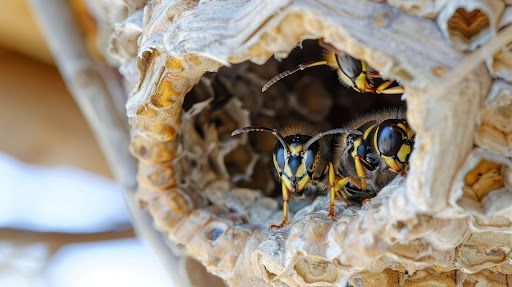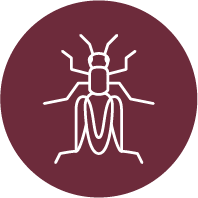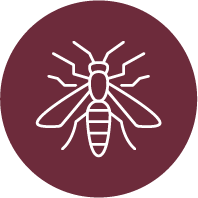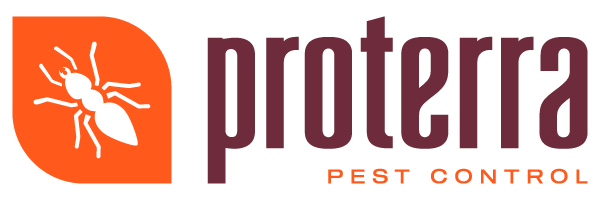Proterra's Guide to Effective Rodent Control Strategies
Rodents, common pests in both urban and rural areas, pose significant threats to health and property. Effective rodent control is crucial in mitigating these risks. Proterra's guide provides a comprehensive approach to understanding, preventing, and managing rodent populations. This guide aims to equip homeowners and businesses with the knowledge and strategies needed for effective rodent control.
Understanding Rodent Behavior
Recognizing the Signs of Infestation
Early detection is key in rodent control. Signs of an infestation include droppings, gnaw marks, and sounds of movement in walls or ceilings. Understanding these signs helps in assessing the extent of the problem and determining the appropriate response.
Rodent Habitats and Habits
Rodents typically seek environments that provide food, water, and shelter. Common habitats include cluttered areas, under decks, and in wall voids. Knowing their behavior, such as nocturnal activity and nesting habits, aids in targeting control efforts.
Health and Safety Concerns
Rodents are known carriers of diseases and can contaminate food sources. Their presence also raises concerns about allergic reactions and asthma triggers. Awareness of these health risks is crucial in prioritizing rodent control measures.
Prevention as the First Line of Defense
Sanitation Measures
Effective sanitation is a cornerstone of rodent prevention. This includes maintaining clean living spaces, properly storing food, and managing waste. Reducing clutter also reduces potential nesting sites, thus deterring rodent infestations.
Structural Modifications
Preventing entry is critical in rodent control. This involves sealing cracks and openings in buildings, installing door sweeps, and ensuring proper sealing around pipes and vents. Regular maintenance checks can identify potential entry points for rodents.
Landscaping and Outdoor Management
Proper landscaping plays a role in deterring rodents. Keeping grass short, managing vegetation near buildings, and properly storing firewood can reduce outdoor habitats for rodents. Managing outdoor waste efficiently is also important in reducing food sources for rodents.
Rodent Control Methods
Trapping Techniques
Trapping is a common and effective approach for small-scale rodent control. The strategic placement of snap traps or live traps, along with appropriate baiting, can effectively reduce rodent populations. Regular monitoring and resetting of traps are important for
continued effectiveness.
Use of Rodenticides
In cases of larger infestations, rodenticides can be an effective control method. It is crucial to use these chemicals responsibly to minimize risks to non-target animals and the environment. Professional guidance is advised for the safe and effective use of rodenticides.
Ongoing Monitoring and Maintenance
Consistent monitoring is essential for long-term rodent control. This includes regular inspections for signs of rodent activity and maintaining preventive measures. Adjusting strategies based on ongoing observations ensures sustained control of rodent populations.
When to Call Experts
Professional assistance is recommended when dealing with extensive infestations or when DIY methods are ineffective. Pest control professionals have the expertise and resources to address complex rodent problems efficiently and safely.
Effectively controlling rodent populations requires a comprehensive understanding of rodent behavior, proactive prevention measures, and strategic control methods. Proterra's guide offers valuable insights and practical strategies for managing rodent infestations. Implementing these guidelines can lead to a safer, healthier living or working environment, free from the risks associated with rodent pests.
Don't let rodent infestations compromise the safety and comfort of your home or business. Contact Proterra today for expert advice and tailored solutions to effectively manage and eliminate your rodent problems.

